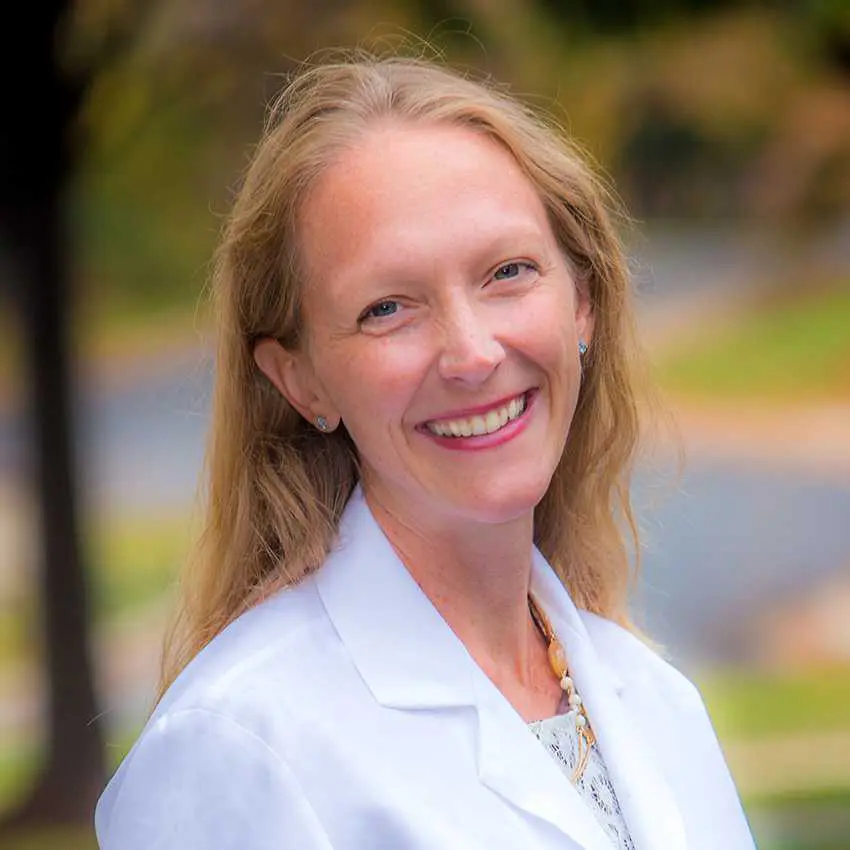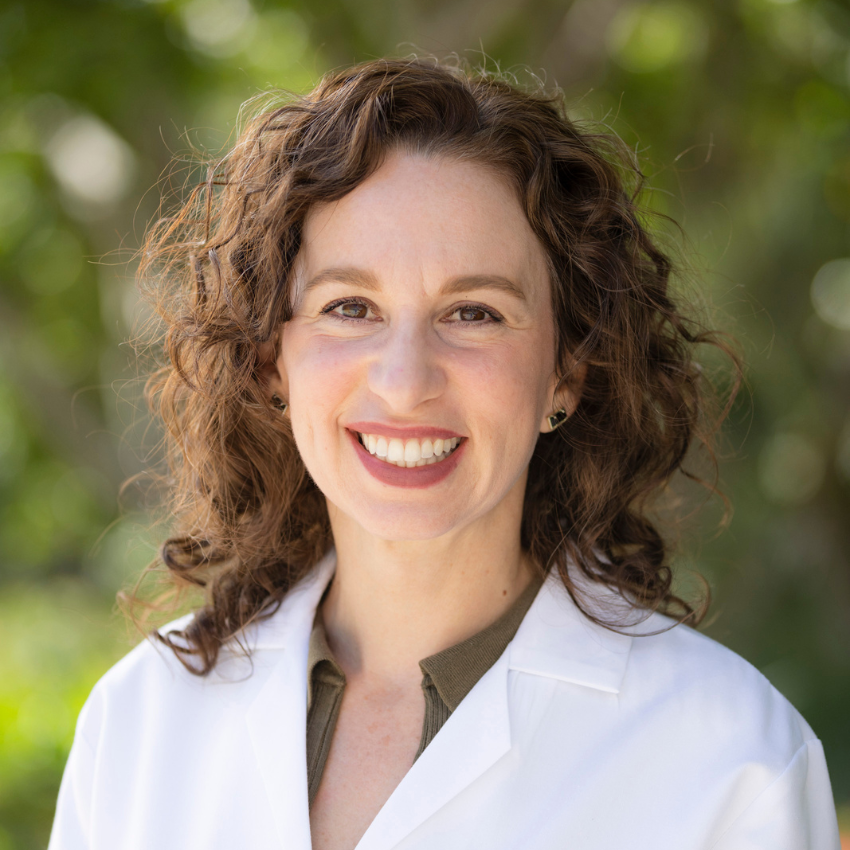Preimplantation genetic testing
Genetics, or the study of genes and heredity in living organisms, has profoundly changed the way that we look at ourselves. We now have the ability to use our knowledge of genetics to improve the lives of our future offspring. Your physician may recommend genetic testing of your embryos based on your medical history and initial fertility evaluation.
Types of preimplantation genetic testing
Preimplantation genetic testing for aneuploidies (PGT-A)
An abnormal number of chromosomes in the embryo (either too many, or too few) will likely cause failed implantation or miscarriage. The likelihood of having an abnormal chromosomal content increases with age. Your physician may recommend in vitro fertilization (IVF) treatment followed by PGT-A to test embryo chromosome numbers, particularly in women who are in their late 30s or early 40s or who have a history of multiple miscarriages. Embryos that test normal are referred to as euploid whereas those with an abnormal number of chromosomes are referred to as aneuploid. Aneuploid embryos that implant are likely to miscarry or may lead to a birth of a child with a genetic disorder.
Aneuploid embryos can result in an unsuccessful cycle (negative pregnancy test), a miscarriage, or a pregnancy or child with a genetic disease. Aneuploid embryos are not transferred due to these negative outcomes.
There is another type of abnormal embryo called a mosaic embryo. These embryos are found to have some euploid cells and some aneuploid cells. These embryos are not transferred because they can also result in an unsuccessful cycle (negative pregnancy test) or a miscarriage. Additionally, pregnancies and children resulting from this type of abnormal embryos may have significant health problems related to their genetic make-up.
What to expect
Once embryos reach the blastocyst stage on day 5 through 7 of embryo development, an embryologist will take a few cells from the embryo for genetic testing. The number of chromosomes will then be analyzed in each embryo. Since the test results usually take about 2 weeks to come back, all embryos will be cryopreserved until the results of the analysis are available. In a subsequent FET cycle, an embryologist can then thaw an embryo with the correct chromosomal number (euploid) and the physician can transfer it to the uterus.
The difference between PGT-A and PGT-M lies in what the laboratory is looking for in the embryo. In the case of PGT-A, the laboratory is not given a specific genetic mutation to detect, so they are simply searching for extra or missing chromosomes in the embryo. PGT-M is a more specific test in which the laboratory is tasked with identifying a particular known genetic mutation in the embryos. However, there is no difference in how the patient is prepared for either test.
Preimplantation genetic testing for monogenic/single gene defects (PGT-M)
We may offer or recommend PGT-M if you or someone in your family has a known, specific genetic disease such as myotonic muscular dystrophy or if your initial fertility evaluation reveals that you and your partner are both carriers for the same genetic disorder such as cystic fibrosis.
What to expect
Once fertilization occurs, the embryo will develop over the next 5 to 7 days to the blastocyst stage. An embryologist will then biopsy a small group of cells from the embryo for genetic testing. The genetic testing laboratory will likely develop specific probes to detect the genetic mutation that you would like to identify in your embryos. Then, the biopsied cells are analyzed to determine if any of your embryos are affected. Since the test results may take a few weeks to come back, all embryos will be cryopreserved. In a subsequent frozen embryo transfer (FET) cycle, an embryologist can then thaw the embryo that is normal—not affected by the genetic disorder they were screened for—and the physician can transfer it to the uterus.
This technique provides you with peace of mind, knowing that you are not passing on these genetic disorders to your future offspring.
Preimplantation genetic testing for structural rearrangements (PGT-SR)
PGT-SR is performed to identify structural rearrangements in embryos. Rearrangements occur when one or both of the parents have the right amount of DNA, but sections of chromosomes have traded places. This often results in multiple miscarriages. These can be diagnosed through a karyotype – a blood test that evaluates chromosome number and structure. A karyotype may be recommended by your doctor based on specific findings in your history or test results (for example: recurrent pregnancy loss or significant semen abnormalities).
This test is performed when there is a known chromosome rearrangement in either the male or female partner of the couple trying to conceive. The most common rearrangement is called a balanced translocation. This is where all the correct genetic material is present in the cells but a piece of 2 different chromosomes are located where the other should be found (essentially, these 2 parts of the genetic code have “switched places”). This is an issue for reproduction because a high percentage of the gametes (oocytes or sperm) will be aneuploid with too much or too little genetic material, resulting in embryos with unbalanced chromosomes.
The embryo testing process is the same as described for PGT-M and PGT-A.





